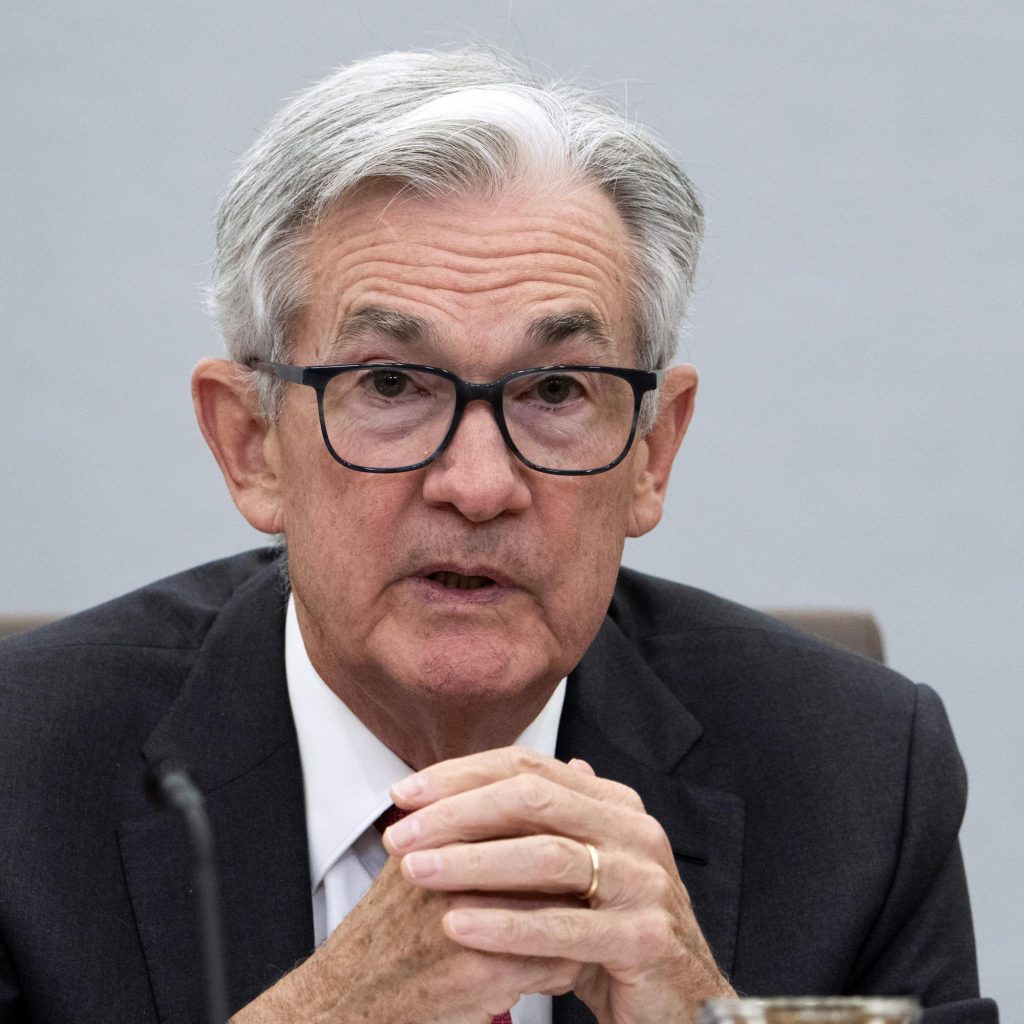Charles Hoskinson, Cardano’s creator, recently addressed the ongoing ETHgate theory during an AMA session on October 8. ETHgate, a popular conspiracy theory, insinuates that Ethereum enjoyed leniency from U.S. regulators, notably the U.S. Securities and Exchange Commission (SEC). This theory emerged mainly because of the SEC’s consistent view over the years that Ether (ETH) isn’t a security.
Hoskinson’s take on the matter was straightforward. He believed that the government’s actions weren’t steeped in corruption but reflected favoritism. Diving deeper into the issue, he pointed out that William Hinman, an SEC director, clearly stated in 2018 that Ether wasn’t a security. However, the regulatory status of other cryptocurrencies, including XRP, remains an open debate.
Consequently, the Cardano founder argued that this displayed favoritism rather than corruption. He stressed the absence of evidence suggesting corrupt practices by the SEC. Moreover, he highlighted the differences between Ethereum and XRP, pointing out their different clientele, features, and business models.
However, the XRP community, constantly vigilant and vocal about cryptocurrency, took little time to respond. David Schwartz, Ripple’s Chief Technology Officer, was among those who reacted to Hoskinson’s comments. Schwartz, writing on X (formerly Twitter) on October 12, emphasized a different perspective. He proposed that when government figures show favoritism that aligns with their interests, it treads the fine line of corruption. Additionally, certain community members speculated about Hoskinson’s defensiveness, hinting at potential skeletons from his early days in Ethereum.
Besides being the brain behind Cardano, it’s significant to note that Hoskinson was also one of the eight co-founders of Ethereum. He shared this distinction with personalities like Vitalik Buterin and briefly served as Ethereum’s CEO between 2013 and 2014. However, following disagreements among the co-founders, Hoskinson left Ethereum in 2014, paving the way for Cardano’s creation.





